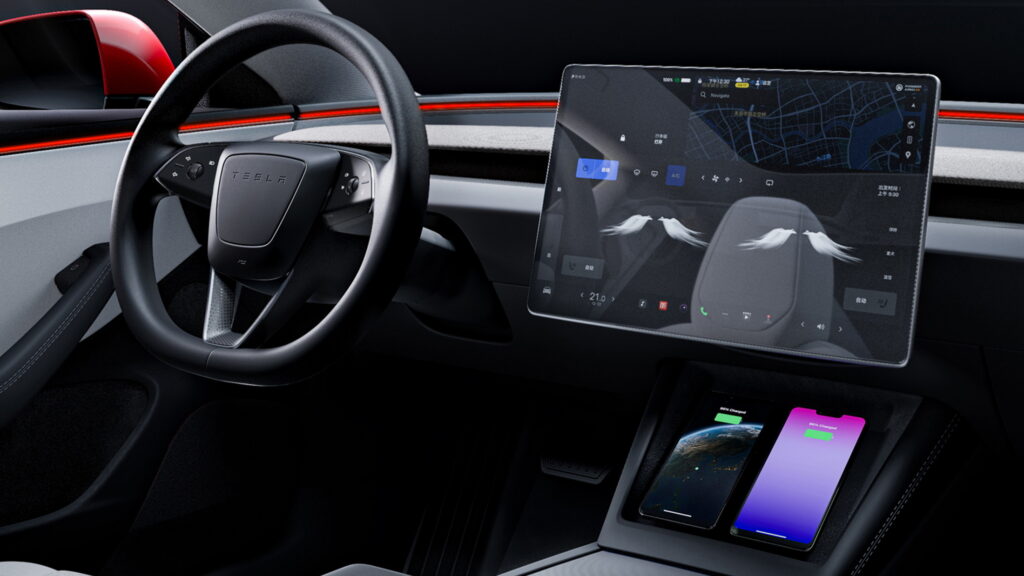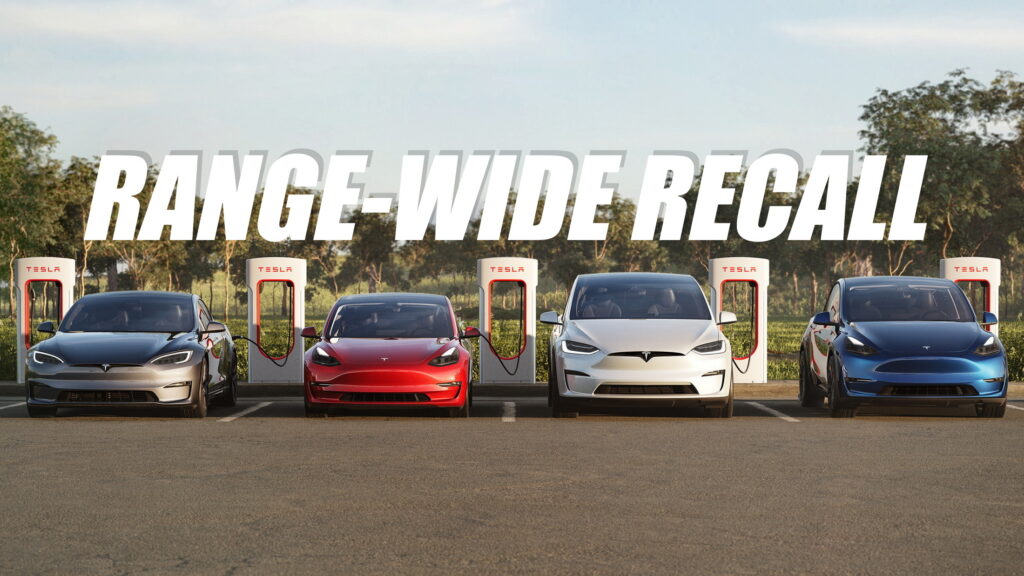Tesla has recalled 6,557 vehicles over safety concerns related to pedestrian warning systems. The automaker says that the PWS doesn’t meet current safety standards after a factory reset of the cars in question. It’ll now update the affected vehicles with a new software revision that mends the problem.
The issue stems from a report on February 6th when an investigation uncovered an issue with PWS on an internal fleet vehicle. Three days later Tesla found that the gain value of the PWS was incorrect and ultimately muted. It opened an investigation to determine the scope of the issue and linked the problem to Teslas with an Intel Infotainment processor.
Ultimately it found that affected vehicles with that processor were running software version 2023.32 or newer, but excluded a release that included a fix for this issue. Upon factory reset, these cars would revert to the incorrect PWS gain setting, resulting in muted sound once again.
More: Lucid Under Investigation For Potentially Dodging Recall Responsibilities

On February 12th, Tesla initiated a software update to affected vehicles, and then on February 20th it issued this recall. Notably, the problem affects all cars in the Tesla lineup save for the original Roadster and the Cybertruck.
Specifically, it affects the Model S including the 2013 model year along with model years 2018 through 2021. The Model X from 2020 and 2021 is also included as is the Tesla Model 3 from 2018 through 2022 and the Model Y from 2020 through 2022.
Tesla did not provide detailed breakdowns for each case, leaving it unclear how many of each model are affected within the total population of 6,557 vehicles. However, the company did acknowledge receiving 49 warranty claims related to the issue.
The software fix is a great example of one benefit presented by over-the-air updates. Here are the steps one must go through to get the update:
“Owners of affected vehicles only need to install OTA software release 2023.44.30.14 or a later release. No service visit is necessary, and no further action is necessary from owners whose vehicles are equipped with software release 2023.44.30.14 or a later software release.”
So it’s as simple as booting up the car and hitting the update button. Now only if it were that easy to fix every car involved in a recall.





